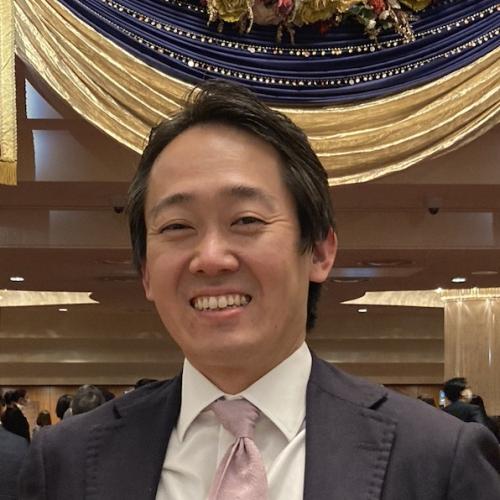AI inference systems are undergoing continuous changes. Changes include at the model level, the accelerator level, the interconnect level and the system level inclusive of the software. At an AI inference system level these changes are significant. We focus on technology direction for these changes at each level, including the accelerator, the scale up/scale-out network and the rack implementation. We discuss on accelerator design choices, especially opportunities in co-design, interconnect technologies such as the intercept at 224G copper and future 448G as well as optics interconnect, and rack infrastructures for LLM deployments.

Ashwin Gumaste
Ashwin Gumaste is an AI Architect at Microsoft. He specializes in building AI systems, scaling networks, and model estimation. Before joining Microsoft, Ashwin held key roles at Infinera, Cisco, and Fujitsu, as well as academic positions at IIT Bombay and MIT. Earlier in his career at IIT Bombay, he designed, developed, and successfully commercialized carrier Ethernet switch routers, earning India's highest science and technology honor, the Bhatnagar Prize. A distinguished fellow of the Indian National Academy of Engineering and the National Academy of Sciences in India, Ashwin has made significant contributions to AI and network engineering. He has authored three books, published 215 peer-reviewed papers, and holds 28 granted patents.
Microsoft
Website: www.microsoft.com/en-gb
Founded in 1975, Microsoft creates platforms and tools powered by AI to deliver innovative solutions that meet the evolving needs of customers around the world. The technology company is committed to making AI available broadly and doing so responsibly, with a mission to empower every person and every organization on the planet to achieve more. In 2025, Microsoft commemorates its 50-year anniversary by celebrating the achievements of employees, customers, and partners that have dreamt, built, and used Microsoft technology as a force for good, while also looking ahead to the future. Over the past five decades, Microsoft has driven innovation that has transformed the way society uses technology both at work and at home, from revolutionizing personal computing with MS-DOS and Windows, bringing the joy and community of gaming to everyone on the planet with Xbox, to driving the future of cloud computing with Azure, and AI transformation with Copilot and AI platform. Learn more at www.microsoft.com and follow us on LinkedIn.









